The participants of this tour to London did not stroll along the River Thames. They were taken to an immigrant district to visit a mutual support group. They didn’t take a ride on the London Eye. They were taken to different social enterprises. There was no complaint from the participants because it was not some ordinary sightseeing tour, but the study tour of CUHK’s Leadership Development Programme (LDP).
In July, 30 LDP students visited London. Why London? Dr. Leung Kai-chi, assistant programme director of LDP, said, ‘With the theme of the programme as “World City, Humanistic Leaders”, we want to see the “real deal”. That’s why we chose London. This world city is faced with a variety of problems and has tried to provide solutions to them. We in Hong Kong can learn from their experience.’
If London Can Do it, Can Hong Kong Do it Too?
Chan King-lung Raymond is one of the LDP students on the tour. He said, ‘During the two-week trip to London, one question kept crossing my mind: “Can this be realized in Hong Kong?”’ After the visit to Coin Street Community Builders, a famous social enterprise, they were impressed by Coin Street residents’ successful campaign against the planned development of their neighbourhood for hotels and offices. Raymond asked: ‘Why can Coin Street do it, and Lee Tung Street can’t?’
Lau Tim-Ling Tina was impressed by Account 3, a social enterprise that aims to support local women in developing their potential and accessing the job market. With the efforts of three ladies, the women’s cooperative has grown into a successful enterprise in 20 years’ time. It owns a building and generates revenue to support its ideal of making its community a better place.
The study tour featured an art appreciation activity. But the destination was not the National Gallery, but Bristol, the birthplace of Banksy, the world’s best known graffiti artist. Siu Uen-ying Alice said what she liked the most was not Bansky’s graffiti, but those created by some nameless graffiti artists in local streets, such as one calling for a boycott of the supermarket chain Tesco.
In this graffiti capital of England, many locals painted their houses with graphics they like, which gives their city a unique flavour. This reminded her of the calligraphy graffiti of Tsang Tsou-choi, the ‘King of Kowloon’. She lamented, ‘The call for the preservation of this distinctive form of performance art with local colour has received so little support … things that can represent Hong Kong are dwindling fast.’
Leaders with Fire
The most memorable person the students met during the trip must be Sebilio. This US-born, Chile-raised former co-president of the SOAS Students’ Union struck them as a global citizen. He has been involved in numerous student and social movements against injustice with a view to creating a better future for humanity.
A student of journalism, Raymond told Sebilio that he aspired to be a journalist. ‘I was hesitant because journalists in Hong Kong are low-paid and powerless. But he encouraged me: “Words are powerful tools that can influence many people. Why don’t you give it a try?”’ Raymond saw from Sebilio that in other parts of the world, there are many people who stick to their beliefs and there are more than one way to live one’s life.
The students also visited Renaissance, an organization that aims to empower school dropouts or teenagers labelled as unsuccessful. Ip Yuk-wai York said, ‘Its founder is a young person who is only two or three years older than us. Seeing a person who is about the same age as we are doing such things, I couldn’t help but ask myself: will we have enough guts to do what he is doing?’
The students’ responses are exactly what Dr. Leung expected when he designed the trip. ‘We want our students to know that social participation can take many forms. In Hong Kong, many university students only aspire to work in Central after graduation. But in England, there are different ways of making a living. What is more important is that those people are very dedicated to their beliefs and causes. This can help the students to dispel a sense of powerlessness, which is felt by anyone who stays in Hong Kong for too long. If you want to be a leader, you need fire. Without fire in your belly, you accomplish nothing.’
R&D Unit for Student Culture
The curriculum of the LDP features two non-local study programmes. The students who visited London in summer will go to Beijing this winter to see how the capital of China struggles to align itself with the rest of the world while striving to become another global city.
The curriculum of the LDP was reformed last year to emphasize social concern and humanity. The two-year programme comprises four modules on humanity, policy making, leadership skills and civic engagement. Raymond said that the course ‘Ethics and Politics’ was an eye opener that made him realize the core issues of society, which the courses on journalism didn’t touch upon. He said, ‘Many social problems of our society are the results of the ripple effects of these core issues. If we realize this, we’ll not be confused by appearances and will be able to get to the roots of those problems.’
York opined that the curriculum covers the full spectrum of viewpoints, enabling him to see things from a more comprehensive perspective. ‘Take the controversy over new immigrants. My view is very different from what I had three years ago. I see it from a different angle now. My arguments for or against it might be very different.’ A geography major, he now can see the issues of urban planning from the perspectives of public administration or political science.
When it comes to leadership development, what is the yardstick for success? Is it the monthly salary of its students? Dr. Leung said, ‘I don’t want the University community to measure us with such a yardstick. I hope people can see what our students can bring to the University. For example, after visiting London and Beijing, the LDP students can tell their classmates that in other parts of the world, things are different from what they are here. If you want, you can see us as a research and development unit. It is important that the student culture on our campus grow and renew itself consistently. I hope that the LDP can serve as a laboratory where students can try something new.’ 
After returning from London, the students put pen to paper, and recorded what they had seen and how they had felt about the trip. The booklet Summer of London is available for download at: www.cuhk.edu.hk/leadership/ldp_london_2011.pdf.


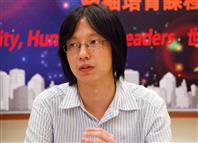
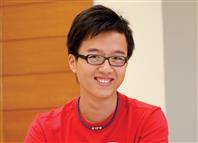
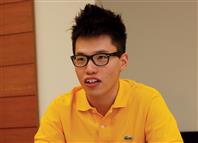
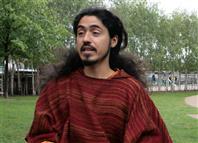
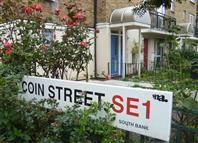
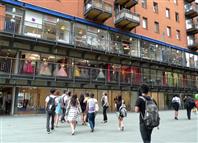
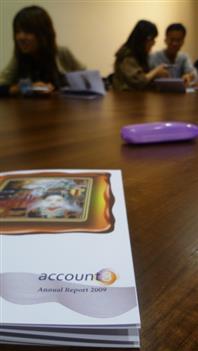
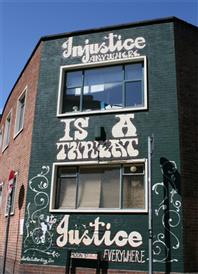
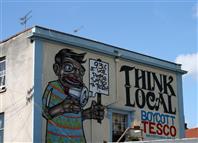
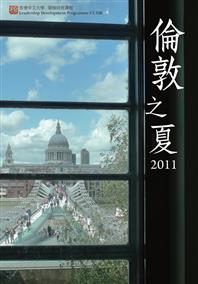


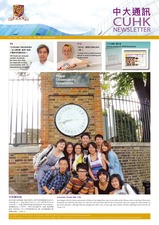




























































































































































Social Bookmarks